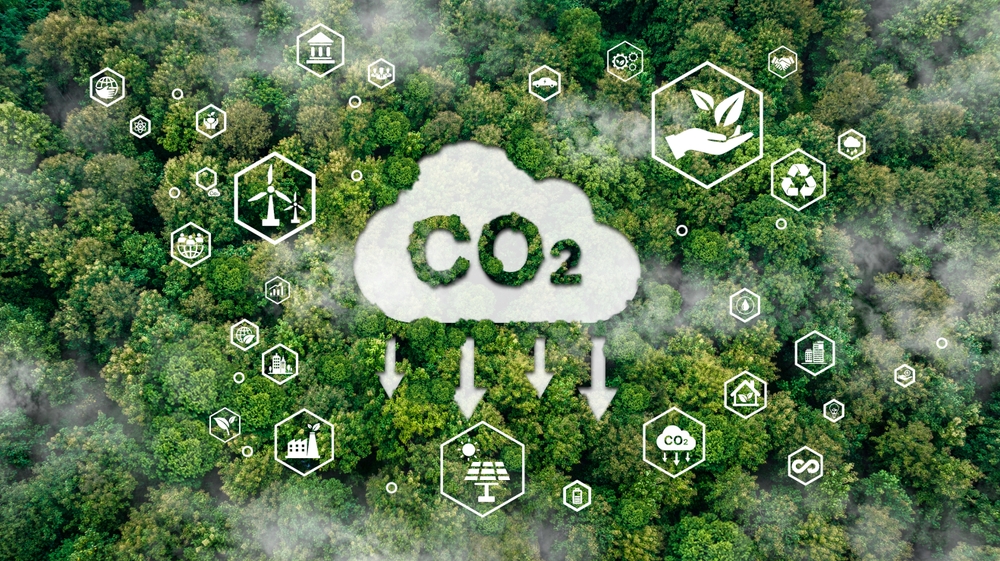Energy Efficiency, GHG Emissions, Industrial - July 15, 2024
Norfolk Southern Sets 2034 Goals
Norfolk Southern Corporation set new goals to lower GHG emissions intensity 42% by 2034.
The railroad company plans to set the standard for a cleaner rail industry with its first-ever Climate Transition Plan (CTP) by improving locomotive fuel efficiency 13% by 2027, increasing renewable energy usage to 30% by 2030 and reaching 20% consumption of low-carbon fuels by 2034.
Details were provided in Norfolk Southern's latest "Forging a Better Tomorrow" report, which details the company's progress on fostering a sustainable economic ecosystem with community benefits across its 22-state network.
In 2023, the company lowered emissions intensity by 6% and absolute Scope 1 and 2 emissions 15% from its base year. Fuel is accelerating its decarbonization efforts through a range of data-driven strategies targeting locomotive fuel efficiency and utilization of low-carbon fuels, as well as reducing emissions from purchased electricity within the built environment.
By converting older DC-traction locomotives to more efficient, modern AC traction, Norfolk Southern can pull more weight with fewer locomotives, creating greater fuel efficiency and improved train handling. Since 2016, the company modernized around 100 locomotives annually and had completed 760 units at the end of 2023. At this pace, the company will have converted over 1,000 units to AC traction by the end of 2025. These modernizations can improve fuel efficiency up to 25% per unit, and Norfolk Southern is on track to convert 80% of its road fleet to AC traction by 2027.
"As a leading provider of freight-rail service, Norfolk Southern takes our role in reducing global supply chain emissions and fostering a transition to a low-carbon economy very seriously," said Norfolk Southern Chief Sustainability Officer Josh Raglin in a statement. "We've made tremendous achievements towards sustainability in the past year as we've worked further towards our goal of not only forging a better tomorrow but building a better planet for future generations as well."
Read These Related Articles:
- Norfolk Southern Launches Supply Chain Emissions Certificates
- Norfolk Southern Sets 2034 Emissions Plan
- Norfolk Southern Updates Emission Progress
Share this valuable information with your colleagues using the buttons below:
« Back to NewsStay Up-To-Date












